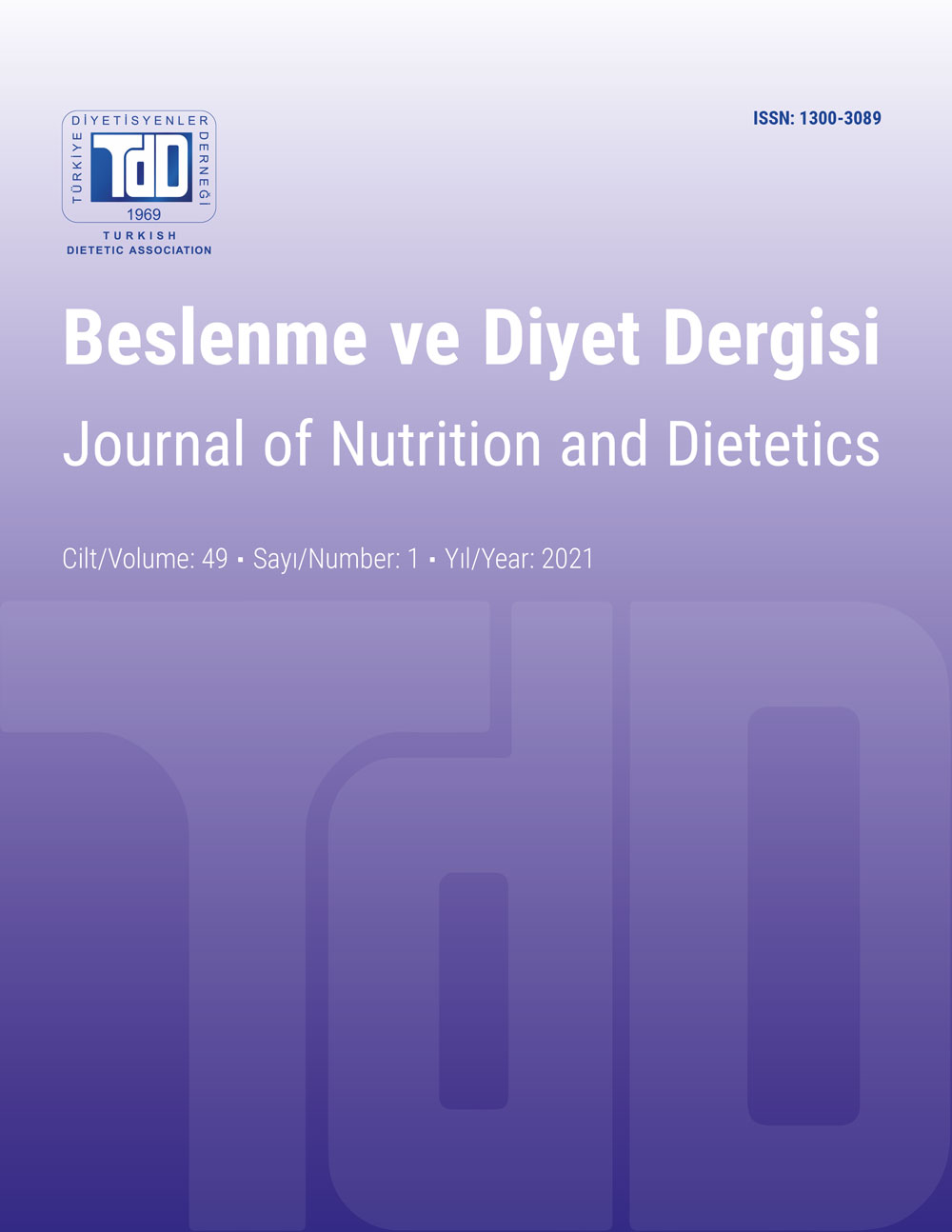A Retrospective Analysis of the Treatment Process of Obese Patients Undergone Bariatric Surgery
DOI:
https://doi.org/10.33076/2021.BDD.1388Keywords:
Bariatric surgery, obesity, nutrition, dietitianAbstract
Aim: It was aimed to retrospectively examine the treatment process of obese patients undergone bariatric surgery in terms of biochemical, anthropometric, health-related characteristics.
Subjects and Method: Total of 145 individuals aged ≥18 years were included in this retrospective analysis. Socio-demographic characteristics, health status, complications were obtained from patient files and recorded in the patient information form. Anthropometric measurements were obtained from the data recorded by dietitian during follow-up periods. Percentage of excess weight loss (%) was calculated in the post-operative 12th month. Pre-operative and post-operative biochemical findings were obtained from patient files.
Results: Laparoscopic sleeve gastrectomy (99.8%) was performed as bariatric surgical method. Mean age was 43.1±10.7 years, 77.9% were women. Majority (86.9%) had at least one disease; the most common was diabetes mellitus (41.3%). Nausea, vomiting, constipation were the most common complications in the post-operative periods. Percentage of excess weight loss was 67.7±16.5%. The most intolerant food group was dairy products in post-operative period. In post-operative period; fasting blood glucose, triglyceride, total cholesterol, vitamin B12 levels decreased.
Conclusion: Bariatric surgery is an effective method in the treatment of morbid obesity and treatment has been successful according to percentage of excess weight loss. However, it is recommended that follow-up interviews between patient-physician and patient-dietitian should be held regularly to reduce complications and prevent nutrient deficiencies after surgery.

